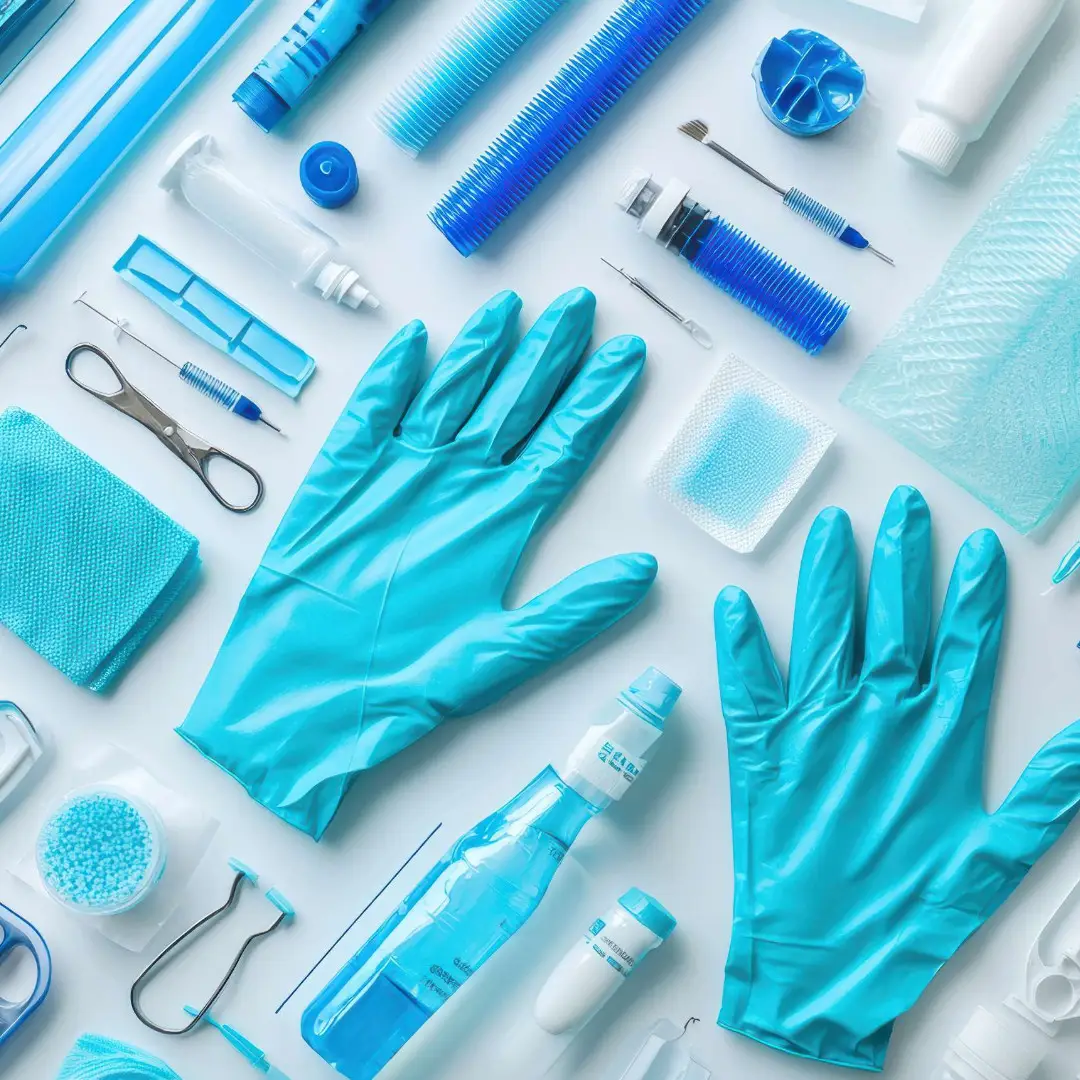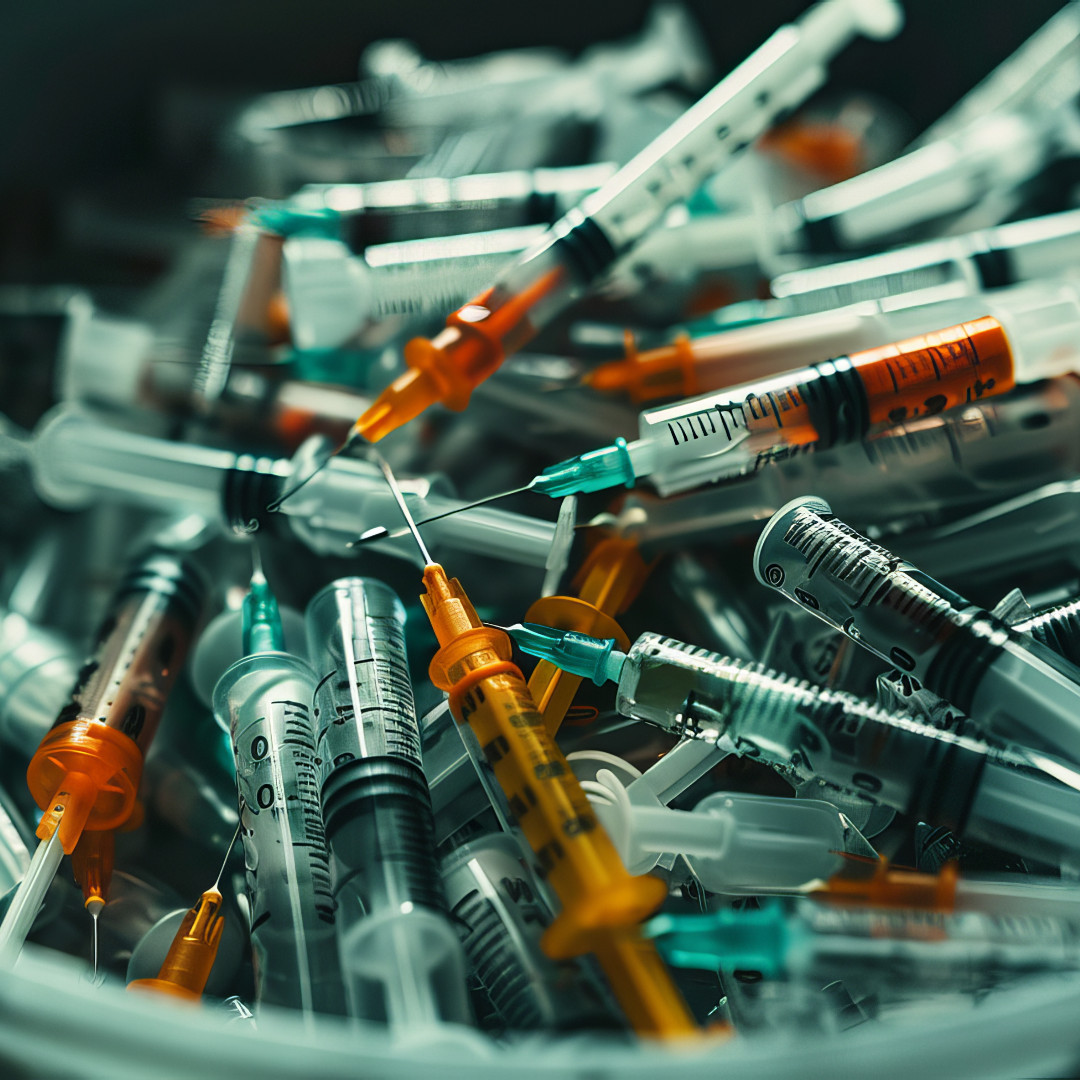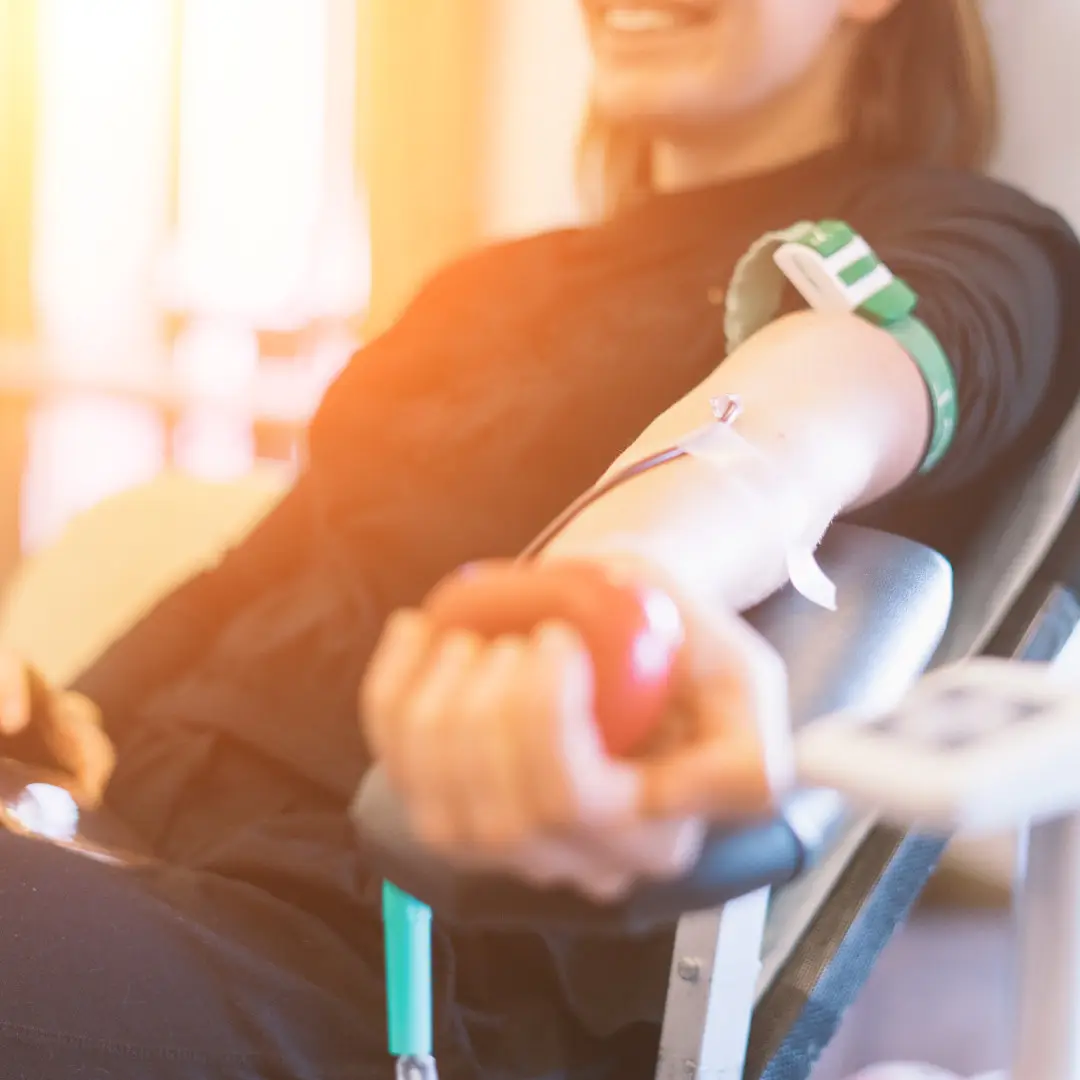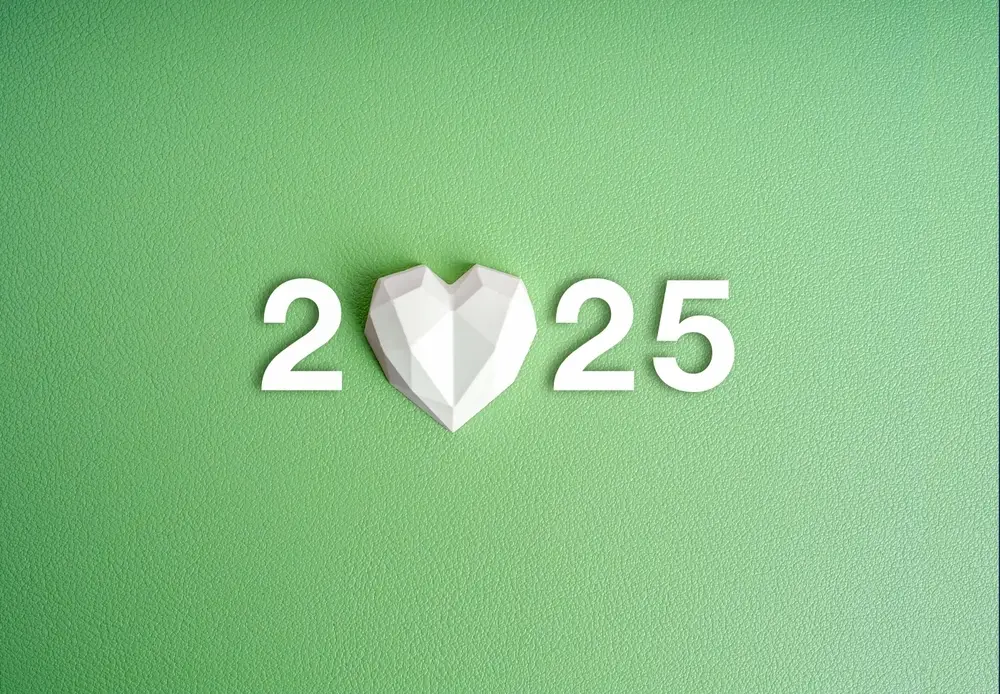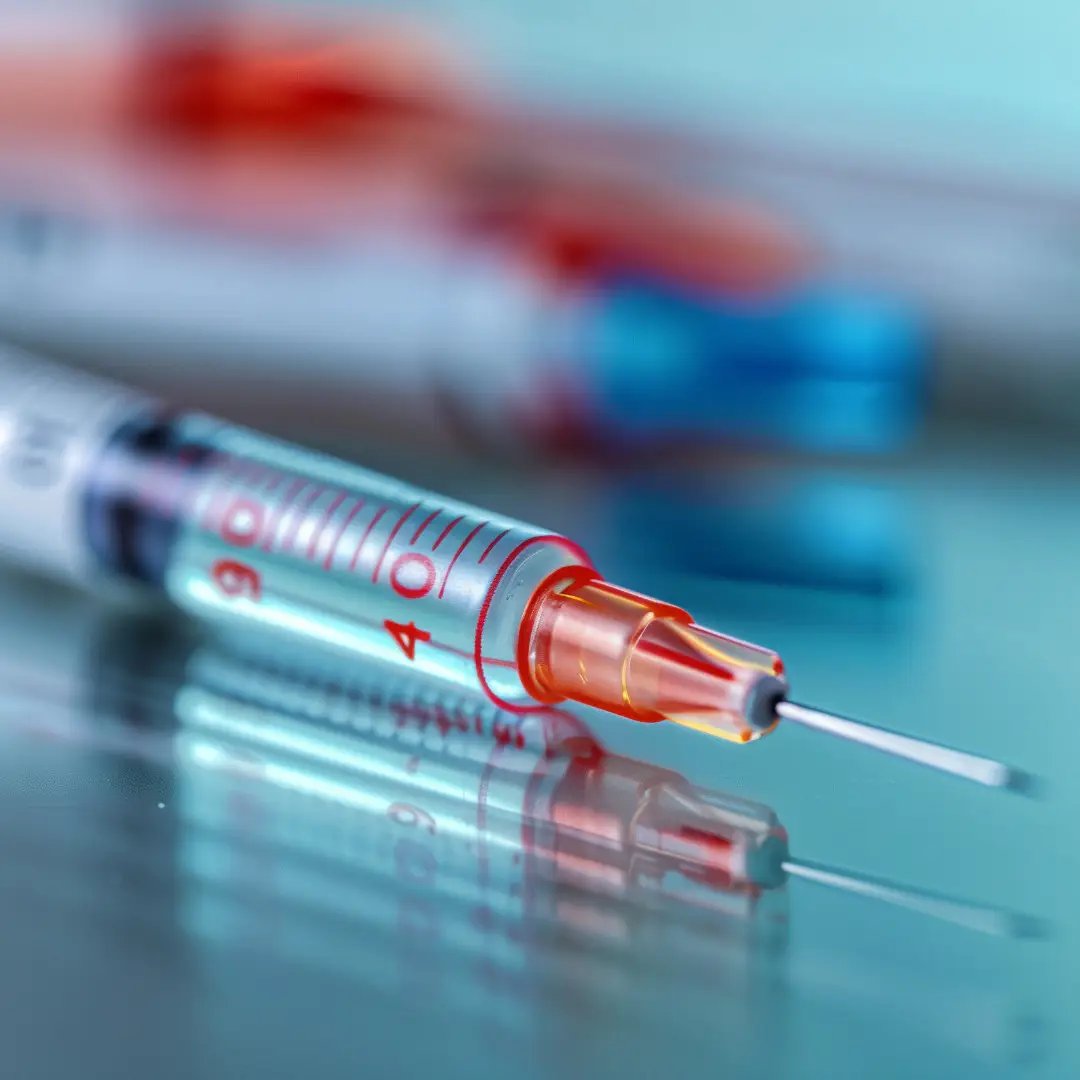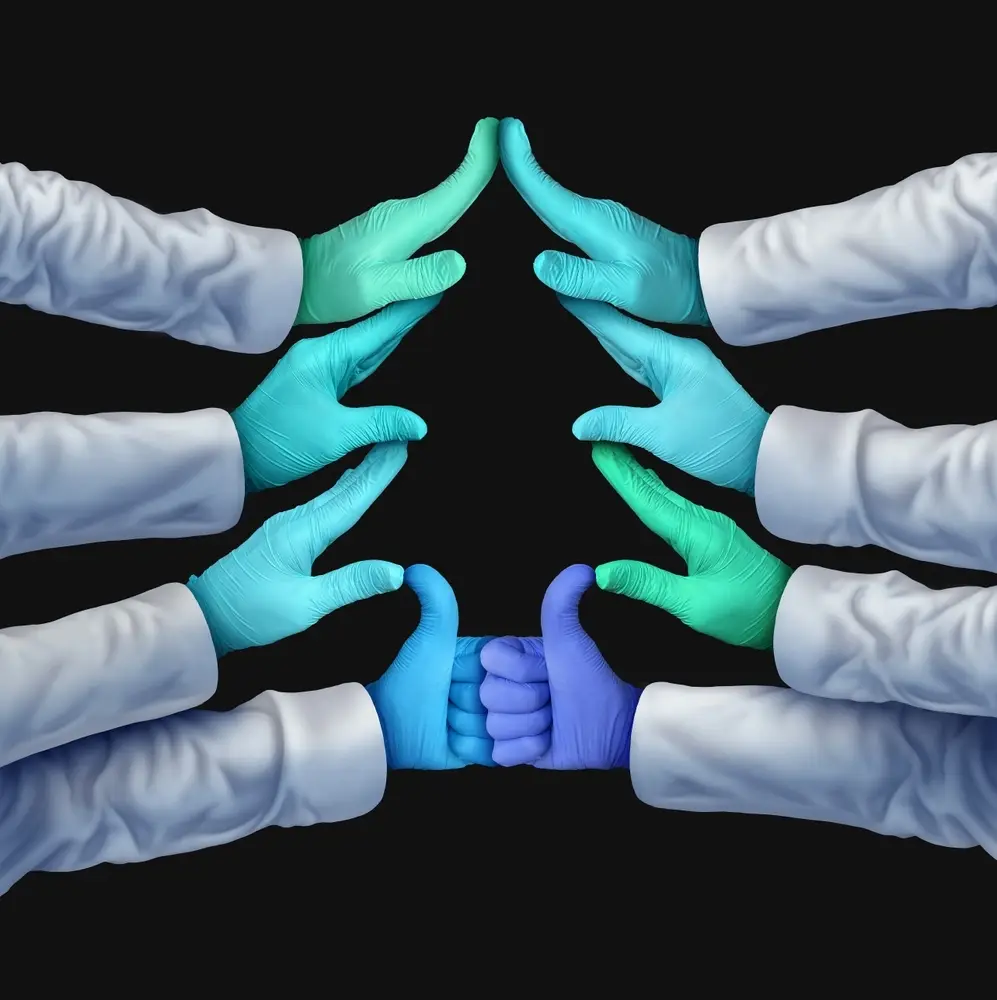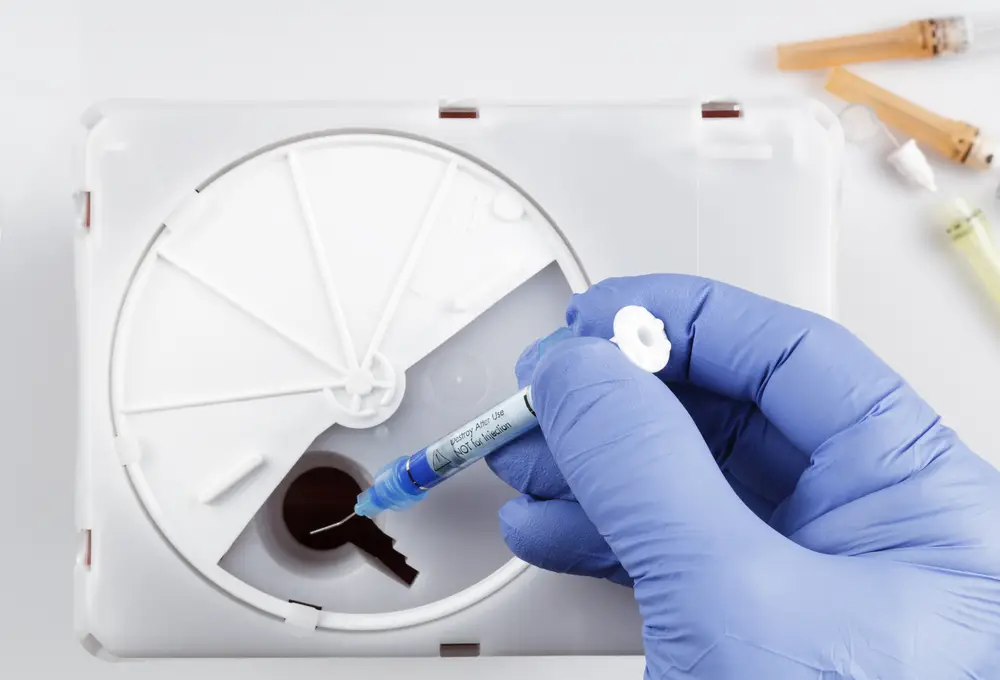Recycling isn’t just for the environment anymore.
It’s becoming an economic imperative, and you could even consider it your patriotic duty. So says the top environmental officer of the United States. who urged Americans to help fight a worldwide pandemic by recycling the packing materials from their delivery orders.
With so many people creating waste at home, recycling is “more essential than ever right now,’ said U.S. Environmental Protection Agency Administrator Andrew Wheeler in the video. “Right now there is a critical need for all raw materials in the manufacturing supply chain, especially paper and cardboard.”
Groups in the UK and Europe have also warned of possible shortages of cardboard as a result of increased home deliveries. With many businesses shuttered and unable to recycle that means it’s more important that households do their part.
Americans recycled 66% of the paper they used in 2017, according to the EPA, but only 8.4% of plastics were recycled that same year.
Here are five ways to be nice to the planet, reduce waste and support efforts to ship you all the things you need (and want).
1. Recycle paper and cardboard
If you’re doing more online shopping, cardboard boxes could naturally be piling up. Take action from home by breaking down your boxes and putting them out for curbside recycling or taking them to a nearby recycling center (observing social distancing of course).
Simple actions like this can help ensure the “manufacturing supply chain will remain open and vibrant,” Wheeler said. “That in turn will help keep grocery stores and homes stocked with the essentials needed during this public health emergency.”
2. Reuse disposable bags
Is your stack of reusable bags stuffed in a closet somewhere? Grocery stores are delivering their groceries in plastic and paper bags, all of which are piling up. It’s fine right now to use them to line wastebaskets, pick up your dog’s poop or fill them up with stuff to give away when our communities open back up safely.
3. Reduce takeout waste
While you’re spending more time at home during quarantine, you’re likely to be receiving more frequent deliveries of food from restaurants. So many takeout joints seem to be delivering plastic silverware and napkins to you at home. Ask them to stop, please. You’re at home. Use your own silverware, and reduce your plastic waste.
4. Fewer canned drinks
We’ve said it before, but you’re at home! There’s no need to buy six packs of soda and seltzer water (we can make an exception for beer).
5. Start composting
One third of what New York City residents throw away is food and yard waste, and composting it diverts it from the city’s landfills. If you live in cities like New York City; Portland, Oregon; or San Francisco or attend Emory University in Atlanta (when the campus is open), it’s easy to compost.
You can also compost at home if you have space in your yard, but there are services for those can’t or don’t want to. CompostNow is one of many companies that pick up residential and commercial compost; its focus is Asheville, North Carolina; Charleston, South Carolina; and Atlanta, Georgia.
CompostNow will bring compost back to you, and it can fertilize all those herbs you’re growing.
Stop with the PPE
We know you’re using a lot of personal protective equipment, or PPE, to stay safe. Just don’t throw your masks, gloves, and wipes into the recycling during the pandemic — or anytime.
Personal protective equipment is not recyclable, and it’s not safe for sanitation workers to touch it once it’s been used.
These items “should never go into the recycling bin,” Wheeler said.
Instead, your medical waste needs to be bagged, sealed, disposed of in accordance with guidelines from the US Centers for Disease Control and Prevention’s guidelines — these items need to be thrown away in a trash receptacle.
That’s a problem that Paul Zambrotta noticed while directing safety operations at Mr. T Carting in New York City. Last month he told CNN that he was seeing a surge in face masks, gowns, and other medical supplies winding up in recycling.
“You don’t know who put it out. You don’t know what’s on it,” he said. “We never used to see these things in the recyclable mix before.”

